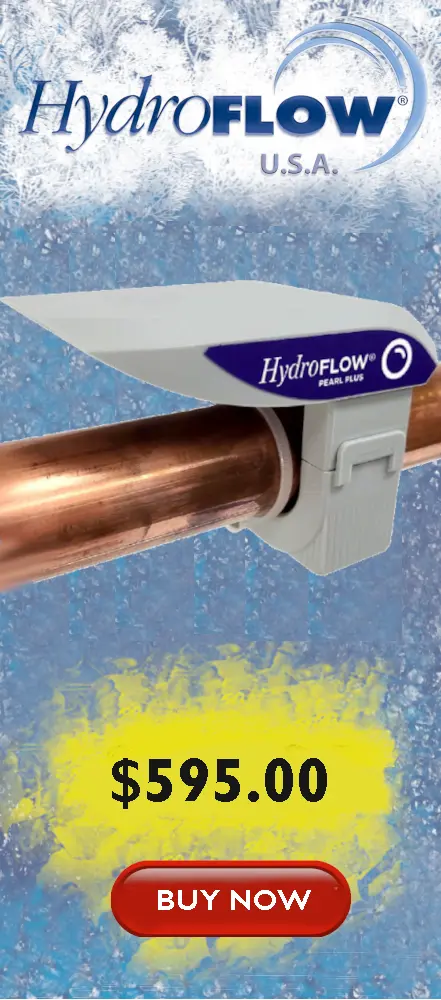Wyoming
Water Quality in the State of Wyoming
Wyoming is known for its wildlife, prairies, farmland and famous national parks such as Yellowstone National Park. Wyoming is the 10th largest state by area and has the second to last population density in America. Because of its open spaces and low population, the state provides a vast expanse of natural wildlife and breathtaking landscapes. The water supply for Wyoming comes from surface water, groundwater, snow and ice fields.
Water Hardness by City
Wyoming water is considered moderately hard. The average water hardness for the Wyoming resident is around 120 PPM. The city with the hardest water is Casper, at 208 PPM. The city with the softest water is Gillette, with 10 PPM. Cheyenne water is 110 PPM and is considered slightly hard according to the USGS water hardness page.
For more information on water hardness in specific cities, please see the table below.
PPM = Parts Per Million
mg/L = Milligrams Per Liter
gpg = Grains Per Gallon
Agriculture, Farming and Water Hardness
Agriculture is one of the top three industries in Wyoming. It has 30.2 million acres dedicated to farmland alone. Wyoming’s top five agricultural products are beef cattle production, hay, sugar beets, wheat, corn and sheep.
A great deal of Wyoming water for agriculture and farming is surface water, which is rich in calcium (the primary source of water hardness). Many farms and food process plants experience issues related to scale buildup in their irrigators, production, and processing equipment, due to the large quantities of water flow every day. In addition, contaminants polluting soil and waterways have increased greatly over the past few decades and there is a greater need for waste and chemical control. Many farmers are looking for eco-friendly solutions that can increase the quality and yield of their crops while saving water. Read more about how HydroFLOW can increase crop yield.
Solutions to your Water Quality Problems
Fixing your water quality issues in the state of Wyoming will depend on your specific water source. It is best to test your potable water supply in order to get a better understanding of your water quality. Testing is relatively cheap. The test results will allow you to understand if your potable water has issues that need to be addressed. Common solutions to water contamination problems may include a water filtration system, a reverse osmosis system or other whole home water treatment solutions.
A problem that almost all Wyoming residents will have to deal with is hard water. One old-fashioned, inefficient, expensive and unhealthy method to treat hard water is with a salt-based water softener. Most people don’t realize that if you’re using a water softener you are basically removing calcium and magnesium from your drinking water and adding salt to your diet. In addition, many states are banning the use of salt-based water softeners.
Alternative water treatment solutions such as “water conditioners” have been gaining popularity in recent years because they are cheap to operate and the best eco-friendly solution for hard water. Hydropath technology, which powers the HydroFLOW water conditioners is by far the most efficient and cost-effective eco-friendly solution to deal with hard water problems. To learn more about how HydroFLOW solves the problems created by hard water, please check out our technology page. You might want to read this blog that explains the difference between water conditioners and water softeners: Water Conditioner vs. Water Softener Blog.


